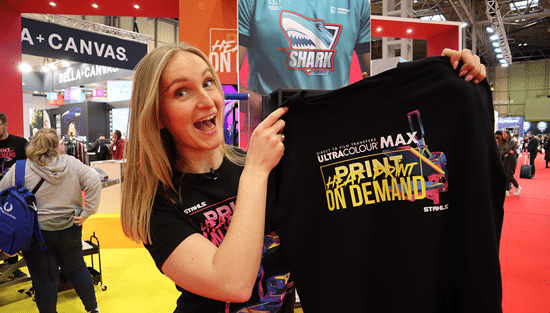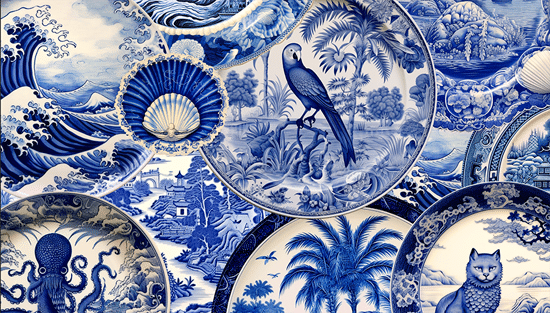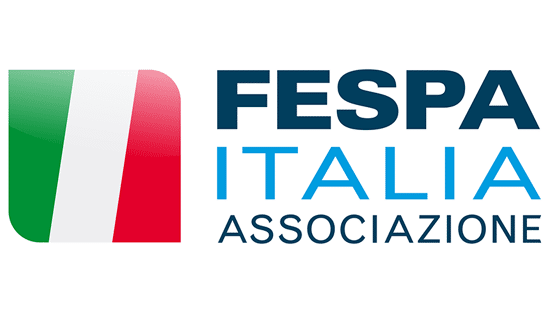Tax benefits from digital printing investments

Laurel Brunner discusses two Dutch schemes that are encouraging sustainability – and how the digital printing industry can benefit from such schemes.
The comparative environmental benefits of digital printing are clear and widely recognised. There is not as much excess through production, and thus less waste, and print publishers and buyers can operate with reduced inventories. With digital workflows, direct output results in lower energy usage and consumables, and make-readies are quicker. Additional attractions include the cost-effective production of short runs of targeted materials, with bespoke variable data documents and increased value and efficacy. The list continues, but tax benefits have not been considered previously.
Perhaps they should, in particular for governments who would like to encourage sustainability. The Dutch government has two compatible schemes underway to do just that. Under the MIA scheme environmentally friendly investments qualify for a further tax deduction of up to 36% of investment costs. Under the Vamil scheme business owners can decide themselves when and how to depreciate capital equipment, up to 75%, with the rest amortised following usual rules. The aim is to encourage entrepreneurs to take environmentally friendly products to market quickly and businesses to invest in environmentally friendly kit. The Dutch Enterprise Agency manages these programmes, which have a budget of over €100 million.
There are conditions that the suggested investments have to meet for business owners to qualify for the tax breaks. According to the Dutch government’s website in order to qualify an investment must “provide an obvious environmental benefit; be innovative or must still have a small market share in relation to the alternative; and be more expensive than the environmentally unfriendly alternative.” Digital printing technologies answer a resounding YES to each of these stipulations.
The graphics industry has its first manufacturer with a digital press that qualifies for the MIA/Vimal programme. The JetPress 720s B2 inkjet digital colour press complies with these scheme’s requirements, Fujifilm has announced. The JetPress’s water based inks are deinkable under the same conditions as offset printed prints. And the JetPress doesn’t use any applied primer that has substances that could be of environmental concern, which is also a stipulation of the MIA/Vimal programme. The press includes Fujifilm’s Rapid Coagulation Primer system, which lays down a thin ink film to encourage the coagulation of ink droplets. The chemistry of the coagulation layer also helps to make the ink easily removable under the right conditions in recycling and deinking processes.
Tax incentives are increasingly common as a means to encourage sustainable investment. Fujifilm should be commended for its efforts to ensure its JetPress conforms to the Dutch government’s requirements. Hopefully we will see more policies of this kind and more digital press manufacturers following Fujifilm’s lead.
Source: This article was produced by the Verdigris project, an industry initiative intended to raise awareness of print’s positive environmental impact. This commentary helps printing companies keep up to date with environmental standards, and how environmentally friendly business management can help improve their bottom lines. Verdigris is supported by the following companies: Agfa Graphics, Spindrift.click, EFI, FESPA, HP, Kodak, Kornit Digital, Ricoh, Splash PR, Unity Publishing and Xeikon.
Become a FESPA member to continue reading
To read more and access exclusive content on the Club FESPA portal, please contact your Local Association. If you are not a current member, please enquire here. If there is no FESPA Association in your country, you can join FESPA Direct. Once you become a FESPA member, you can gain access to the Club FESPA Portal.
Topics
Recent news

No minimum order: the growth of DTF decoration
Andy Rogers at Stahls’ UK and Europe, garment decoration firm based in Braintree, UK and Dillingen, Germany, on the cost and speed benefits of direct to film (DTF) printing.

The design democracy: AI, creativity and interior décor
We spoke to Matt Fletcher of John Mark Ltd and Cheryl O’Meara from the Print Pattern Archive about combining age-old techniques with artificial intelligence (AI) to create exciting new motifs for luxury wall coverings.

